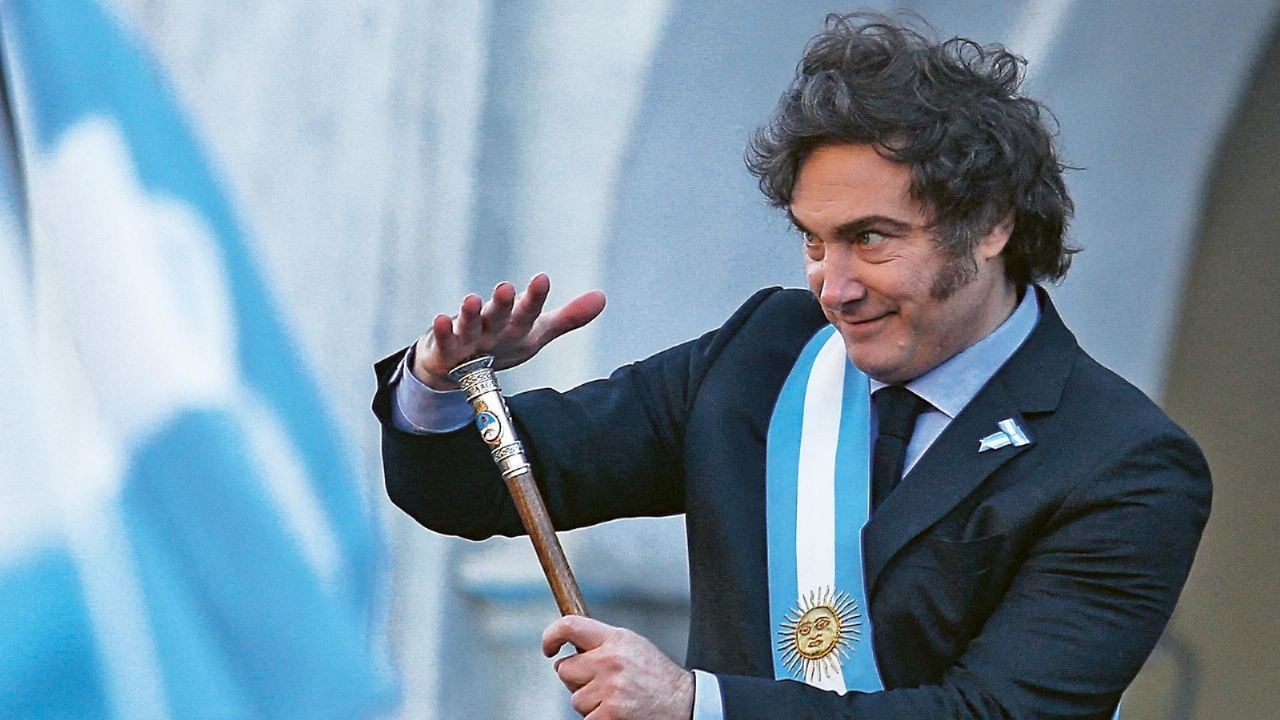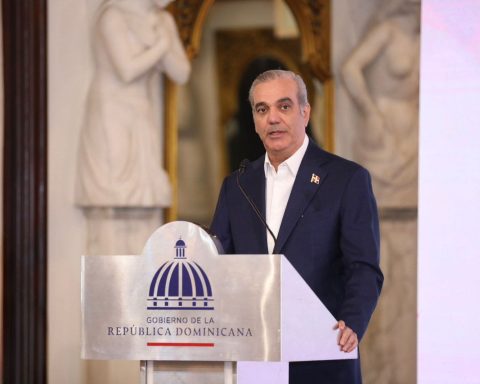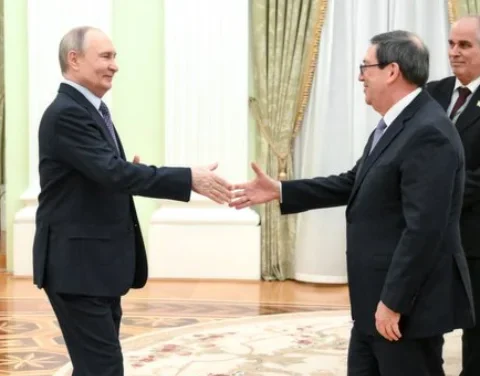Amid a climate of tension and controversy, the Government has taken significant steps in relation to Argentine Airlinesthe country’s flag carrier. The complaints about the wild strikes and the privatization plan have sparked an intense debate in society and in political circles.
In this context, the recent meeting at the Casa Rosada with executives of the Brazilian airline Gol has added a new dimension to the situation. The conflict with the aeronautical unions has been one of the most sensitive points on the agenda of the GovernmentThe wild strikes, which have seriously affected users and the economy, have been the cause of criticism and complaints.
The unions, led by figures such as Pablo Biró of the Association of Airline Pilots (APLA), have been accused of using pressure tactics that harm Argentines. In response, the Government has decided to take a firm stance, seeking to limit the power of these unions and move forward with the privatization of Aerolíneas Argentinas.
The meeting at the Casa Rosada with Gol executives, headed by Chief of Staff Guillermo Francos and Economy Minister Luis Caputo, was seen as a significant gesture towards the unions and a sign of the government’s intention to seek alternatives in the aeronautical sector.

During the meeting, possible collaborations and the entry of new low-cost airlines into the Argentine market were discussed, with the aim of improving competitiveness and offering better services to users.
The privatization project of Aerolíneas Argentinas has been one of the pillars of the agenda of the Government by Javier Milei. Since taking office, he has made clear his objective of reducing the size of the State and improving the efficiency of public companies.

Issues
The privatization of Aerolíneas Argentinas, a company that has faced financial and operational problems for years, is seen as a necessary measure to achieve these objectives. However, this decision has not been free of controversy.
Proponents of privatisation argue that it will allow for more efficient management and reduce public spending, while opponents fear it could lead to job losses and a deterioration in the quality of service. Amid this debate, wildcat strikes have exacerbated the situation. The strikes, which have caused the cancellation of numerous flights and affected thousands of passengers, have been seen as a tactic by unions to put pressure on the government and prevent privatization..


















